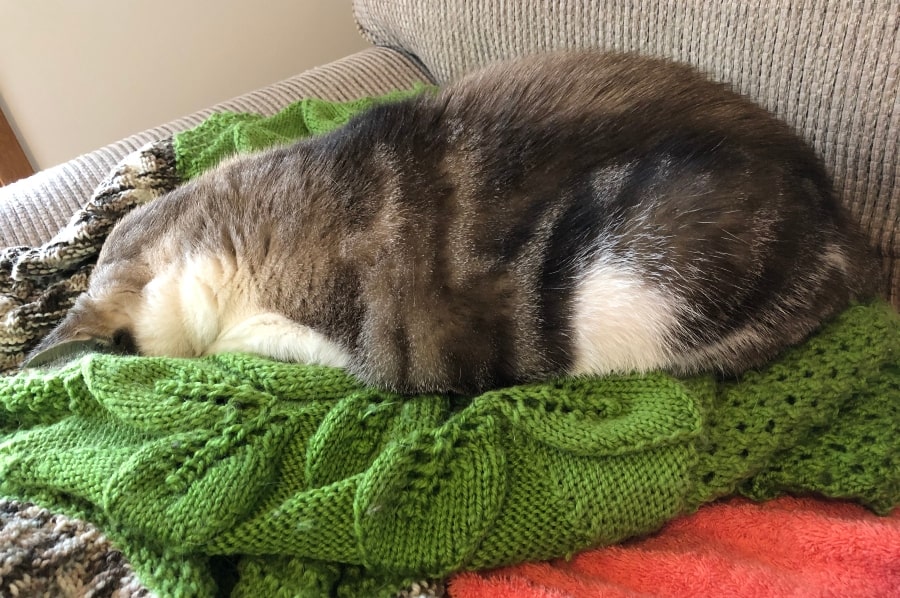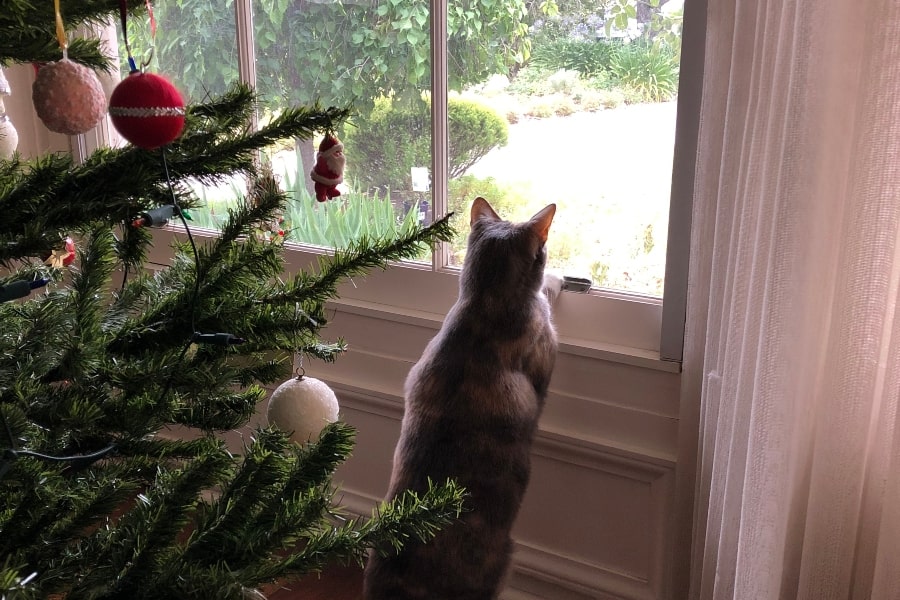A few years ago when I was really struggling mentally, I remember watching Tangled and thinking, oh man if my agoraphobia was a person, it’d be Mother Gothel.
And I guess that would’ve made me Rapunzel, stuck in a tower copping abuse and believing messages like, “It’s a scary world out there… one way or another something will go wrong” and “the outside world is a dangerous place, filled with horrible, selfish people. You must stay here, where you’re safe.”
I’ve done those Disney Princess quizzes and sure enough, I’d be Rapunzel.
What is Agoraphobia?
Agoraphobia comes from two Greek words: Agora roughly translated to mean marketplace or gathering place and phobia which comes from the Greek deity Phobos who apparently attacked his enemies by instilling fear in them.
So put them both together and you get fear of the marketplace/gathering place.
Another definition of agoraphobia is completely freaking out about leaving the house in ways that leave you feeling imprisoned in your own home and unable to leave because you’re scared something will go wrong or you’ll embarrass yourself terribly. This may follow a situation that really freaked you out, like a panic attack in public or a physical altercation or some sort of attack, or come on more gradually and insidiously.
Note: I am not a psychologist or a mental health care professional, so the following descriptions and advice are from my own experiences with agoraphobia directly and related therapy. Please seek out professional help if needed.
My Experience with Aggie
I call my agoraphobia Aggie. Kind of like naming your inner critic, I like to anthropomorphise my mental issues and difficulties.
What I’m about to talk about may be difficult for some or trigger people’s fears (the last thing I want to do is add any more fears to your current ones regarding leaving the house), so if you feel like you’d rather not read about experiences of agoraphobia, then skip to the Getting Help heading, or go take a ‘Which Disney Princess are you?’ quiz and let me know the results below.

So anyway, I’m not quite sure when Aggie first made an appearance in my life, and she just kind of crept in like a sneaky weed in a garden.
It may have been after I had surgery and was feeling extremely vulnerable. I got used to not leaving the house. I’d always been a homebody, someone who naturally thrives and prefers a quiet day in or pottering around the house to going out (and I probably always will be), but this became more than a preference; it was as if something crept in and scared me about leaving the house. I kept thinking of all the awful things that could happen if I left, and concluded that it was safer to stay in.
With feeling extremely vulnerable following surgery, I also developed mental issues and then health issues to go along with those. Namely, anxiety, depression, feeling nauseous all the time, and getting migraines and vertigo (dizziness that renders me ineffective at navigation) that come on suddenly with no warning. I became scared to go out, not because I was scared of having a panic attack out of my control, but because I was scared of either being attacked or having what I called a health attack.
My main fear was being stuck in a place or situation where I couldn’t get help and couldn’t escape. I was scared of getting physically attacked or raped. Scared of getting a migraine (which after ten minutes my speech centres just shut down – my migraines are hemiplegic and are like having a stroke that lasts for 2 hours then I’m just extremely fatigued for two or three days feeling kind of off) or having a vertigo attack in public where I couldn’t get help because people may think I was drunk or on drugs. I was also scared of being sick or losing my marbles and embarrassing myself.
These fears became the bars of my prison and Aggie became my companion.
Getting Help
I gradually got my life outside the house back, but I’m still quite a way from being fully “okay” out of the house.
The first step for me was acceptance. Then from that place came reaching out for help from trusted professionals and people (and I learned that some people can make this a whole lot worse). It’s all about the right therapy at the right time.
I met myself where I was and decided what I wanted to actually achieve first, then broke it down into manageable steps I could accomplish to gradually get to that place.
For me, it came down to control. I wanted to be in control of my experiences and how much I tackled at once. So many times growing up being forced into situations that made me uncomfortable “for my own good” ended up coming back to bite me in the stomach as an adult. Control, consent, and permission are massively important to me and I consider to be the ultimate respect.
I still find I have some anxiety when I walk down to the shops on my own. I find various activities outside the house exhausting and need time to recover. My partner still accompanies me to a lot of outings (especially seeing as he drives and I don’t).
Even though I’m still not exactly where I want to be and there are a lot of steps to go, I’m doing so much better than I was five years ago, and that’s worth celebrating.
Negatively comparing myself to anyone else who hasn’t dealt with this or even someone who has is not helpful; I can use other people’s experiences to realise that maybe this can get better, rather than being an exercise in useless comparisons and feeling crap about myself.
Final Thoughts
So which Disney Princess are you and why?
Do you struggle with agoraphobia or still leave the house but find it immensely challenging?
You’re not alone (I mean you are in your house probably, but there’s the internet and a whole lot of people who can be alone together online!) and help and support is available.
For extra content, updates and other good stuff, you’re warmly invited to join The Quiet and Curious folk community by signing up to the email newsletter below:
You can also reach out to me in the comments below or directly at [email protected].
Love,




